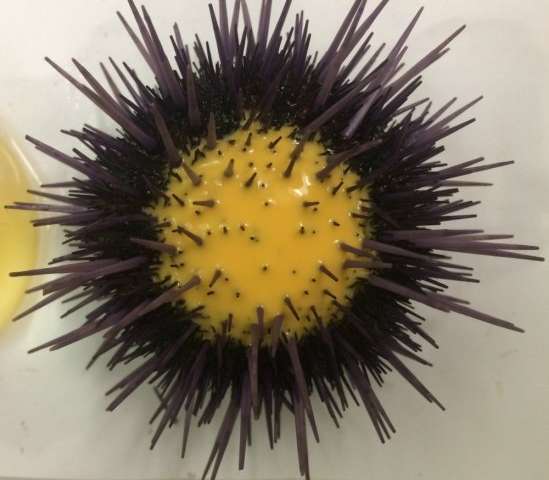A recent study of centuries-old French-Canadian genealogical data by a Brown University economist revealed evidence that supports his own 17-year-old theory that natural selection played a pivotal role in the emergence of economic growth and industrialization.
Oded Galor, a professor...
An illustration showing how a sugar molecule is attached to the protein when it undergoes the O-GlcNAcylation modification process. Credit: Courtesy of Shouling Xu and Zhiyong Wang.
New work from Carnegie's Shouling Xu and Zhiyong Wang reveals that the process...
Bacteria can become insensitive to antibiotics by picking up resistance genes from the environment. Unfortunately for patients, the stress response induced by antibiotics activates competence in microorganisms, the ability to take up and integrate foreign DNA. Microbiologists from the...
An ingredient commonly found in toothpaste could be employed as an anti-malarial drug against strains of malaria parasite that have grown resistant to one of the currently-used drugs. This discovery, led by researchers at the University of Cambridge, was...
When an egg cell of almost any sexually reproducing species is fertilized, it sets off a series of waves that ripple across the egg's surface. These waves are produced by billions of activated proteins that surge through the egg's...
Biological sex is typically understood in binary terms: male and female. However, there are many examples of animals that are able to modify sex-typical biological and behavioral features and even change sex. A new study, which appears in the...
UC San Francisco scientists have used a high-throughput CRISPR-based technique to rapidly map the functions of nearly 500 genes in human cells, many of them never before studied in detail.
The research generated a vast amount of novel genetic data,...
A fungicide commonly used by the agricultural industry to protect grains, fruit and vegetables from mold damage seems to kill fungi by a previously uncharacterized mechanism that delivers a metabolic shock to cells, new research finds.
The fungicide, fludioxonil, was...
Plants convert sunlight into energy through photosynthesis; however, most crops on the planet are plagued by a photosynthetic glitch, and to deal with it, evolved an energy-expensive process called photorespiration that drastically suppresses their yield potential. Researchers from the...
Princeton University researchers have found that the roundworms Caenorhabditis elegans have a sure-fire method of ensuring a steady supply of a bacteria they eat — they grow their own. The worms move through patches of the bacteria Escherichia coli...
This story begins in the kelp forest and ends with a very important climate change message: All is not lost—at least not for purple sea urchins.
A new study by UC Santa Barbara marine biologists demonstrates that for females of...


















